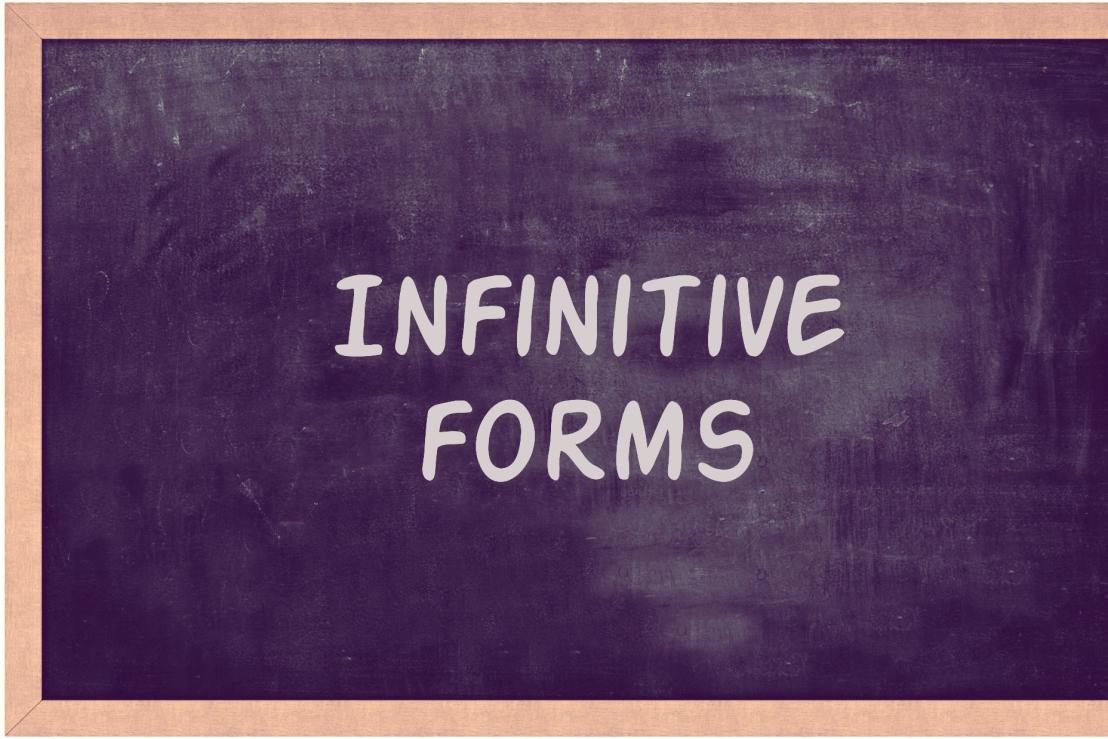Modal verbs in English
6 Mar, 2023

The infinitive is the initial, or indefinite, form of the verb. At the same time, he does not talk about a person or a number, describing only the action and answering the question “What to do?”.
The particle to is considered to be a formal sign of the infinitive in English, but there are cases of its use without it.
- My mom was really glad to hear from you.
- Wemustgohomenow, it’sgettinglate.
The forms of the infinitive can be divided into voices. The active ones are:
Jack likes to go swimming in summer.
What are they doing? Oh, they must be preparing for tomorrow’s test.
I am happy to have done this project.
We must have been waiting for a few hours already.
In the passive voice, only the simple and perfect forms can be found.
Those mugs seems to be made of fragile material.
Those mugs seems to have been made a century ago.
The use of infinitive forms
1. Modal verbs require the use of the infinitive after themselves. With the help of such constructions, we can also talk about the future, plans or intentions to do something. So, the infinitive will come after such modal verbs as ought to, must, may or should, or ordinary verbs like to want, to hope, to expect, etc.
2. The continued infinitive will focus on the duration of the action.
3. A perfectly continuous infinitive indicates the time of the action being performed, or rather, that it began earlier than the one expressed by the verb-predicate.
- Children seems to have been playing computer since morning.
4. The infinitive in the form of the perfect will say that the action that it describes happened earlier than that expressed by the verb predicate.
- She was sorry not to have done the dishes earlier.
5. By using the infinitive after may and must, we suggest the possibility that the action has already been performed.
6. An action that has not taken place that could have been committed is expressed by using the perfect infinitive after the modal verbs could, should, was/were, ought to, might.
7. The perfect infinitive after verbs in the past form indicates actions or intentions that did not justify themselves.
In conclusion, it should be noted that when studying the infinitive, especially its continued forms, one should not confuse it with the gerund, since these are different parts of speech with different functions.